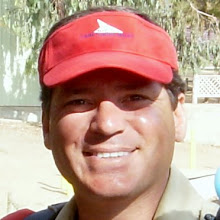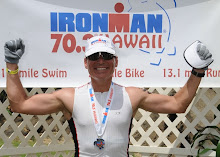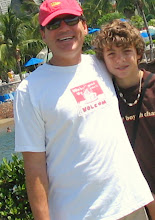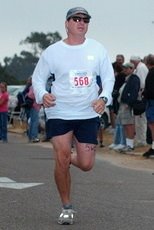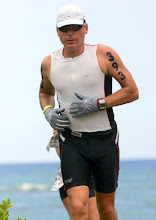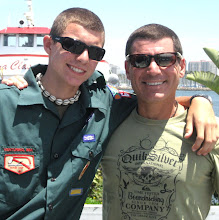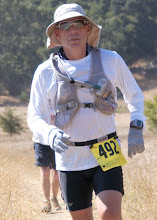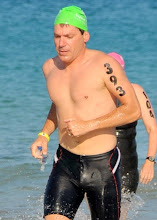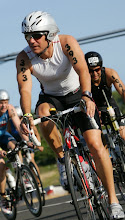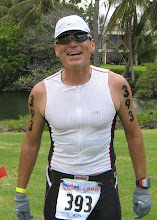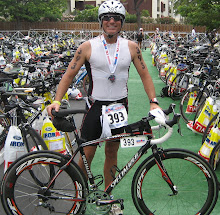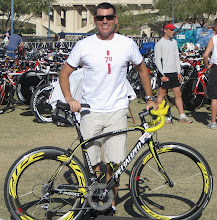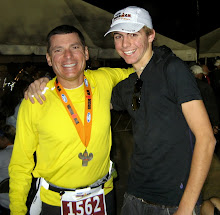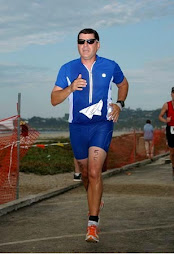
It has been said that over 90% of all those training for an Ironman incur at least one injury that requires over a week of recovery. But the whole idea of completing an Ironman is to test one's resolve.
There are very few opportunities in modern life where one can literally test the ultimate limit of one's physical and mental boundaries.
Look at any Ironman event and you'll see athletes who've pushed themselves to the point of collapse, exhaustion, dehydration and even passing out.
In the months leading up to the Ironman event, injuries first start as minor inconveniences. A subtle twitch, a funny feeling, a stiff muscle, an ache that wasn't there before. These are the first signs.
Rarely does one just run down the road and then all of the sudden...SNAP....something rips or tears or breaks. It's far more likely that we will experience an odd sensation, a soreness or a muscle fibre that just sort of seems out of place, is twitching strangely or is aching.
So what to do when this occurs?
The first thing we should do is to slow down. Check it out. Try to figure out what is going on. Massage it a little, walk a little, etc.
But there is a big difference between what we "should do" and what we often end up doing. It's the difference between being smart and being stubborn.
I know I should slow down and figure out what is going on when these things hit. But more often than not, I catch myself saying:
"You want to be an Ironman? Then start acting like an Ironman and pick up the pace. Tough it out. Be strong. Are you going to quit during your Ironman debut like you are quitting right now?"
Tough thoughts to be sure and this stubborness often gets me to ignore the first signs of trouble. To be smart, to ultimately go the full distance, we must pay attention to the very first signs of trouble.
Before we ever get a blister, we always get a "hot spot." This is a hot sensation where the skin is rubbing. We can take a couple of minutes and deal with it right away, or if we are bull-headed, we ignore it, and then pay the price for the next 7 - 10 days as the raw, oozing blister just festers and is re-aggravated with each successive workout!
This is bull-headed and stubborn. Like my brilliant coach, David Warden, tells me, "Keep your eye on the prize."
But the prize is not finishing the workout in record time or toughing it out through an obvious early warning signal, just to "prove" that I have what it takes. The prize is finishing the full Ironman race.
What good does it do to finish the workout at record pace if you must spend the next 3 - 5 days limping around and recovering?
I need to adjust my perspective.
Being an Ironman is not just about being tough and stubborn. An Ironman must also be smart.
Smart about pacing, about nutrition, about rest, about balance.
And smart about paying attention and taking appropriate action at the early warning signs that an injury may be looming.





